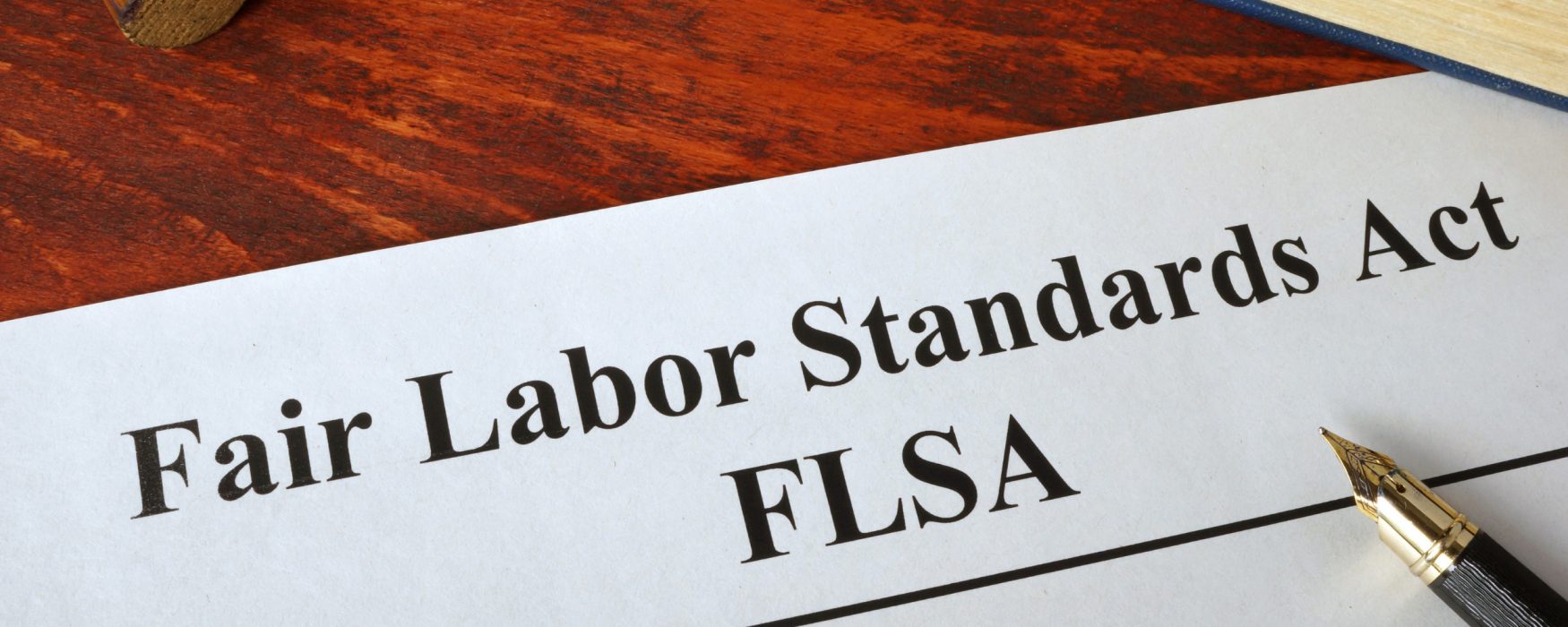
By Michael Burns, courtesy of SBAM-approved partner, ASE
Employers should be prepared to review their exempt positions for proper Fair Labor Standards Act (FLSA) classification. Earlier this year, the U.S. Supreme Court ruled that despite an oil rig worker making over $200,000 a year and being a supervisor, that position was non-exempt and entitled to overtime pay for weeks worked in excess of 40 hours.
This was somewhat surprising, but in a dissent opinion by Justice Kavanaugh and joined by Justice Alito, the Justices brought into question whether just being paid on a salaried basis was consistent with a true reading of the FLSA. Justice Kavanaugh pointed out that the FLSA does not have a salary level test in the law. It only references the duties test. Therefore, he stated, the oil rig worker should be exempt because he made well over the weekly salary threshold (at the time) of $455/week. Kavanaugh argued that the FLSA “focuses on whether the employee performs executive duties, not how much an employee is paid or how an employee is paid.”
Today, pursuant to regulations, the salary level threshold is $684/week ($35,568/yr.). This is expected to increase later this year when the U.S. Department of Labor (DOL) issues new regulations on the salary level test. When this increase occurs, many jobs being paid a salary under that new salary level will become non-exempt unless their salary increases to the new level set by the regulations. Many anticipate this new salary level to be set as high as $913/week or $47,476/yr. This was the rate a Court in 2017 ruled was too aggressive and improperly changed the FLSA’s intent by regulation – something the court said the DOL did not have authority to do. This time around the DOL is implementing the new regulations with a lot of care and introspection to avoid a court challenge that could again successfully overrule their regulations.
In many industries, employees that are classified as exempt make much more than $47,476/yr. However, there are industries such as hospitality and retail that classify positions such as assistant manager as exempt but barely pay those positions over the current salary level of $35,568/yr. This is allowing them to pay the minimum level salary for being in an exempt position but working them well over 40 hours/week.
So, what is the U.S. Congress that has the power to correct (amend) the FLSA, doing? There is legislation currently being considered. This year the Democrats introduced The Restoring Overtime Pay Act of 2023. This bill would immediately increase the salary threshold to $45,000 per year and up to $75,000 by 2026. The bill would then codify the salary level test into the FLSA overcoming the possibly of U.S. Supreme Court questioning the original intent of the FLSA and would set the salary level test at a higher threshold for exempt status. This would adjust the definition of exempt to address the “inequity” of lower paid workers having to work over 40 hours in a week with no overtime.
There is a lot happening around legally classifying workers properly. Employers and HR professionals should prepare to review their exempt and non-exempt position classifications as these changes come along.
Source: LAW 360 Employment Authority. Spotlight on Salary Pay Prompts Debates on FLSA Purpose (4/7/2023)